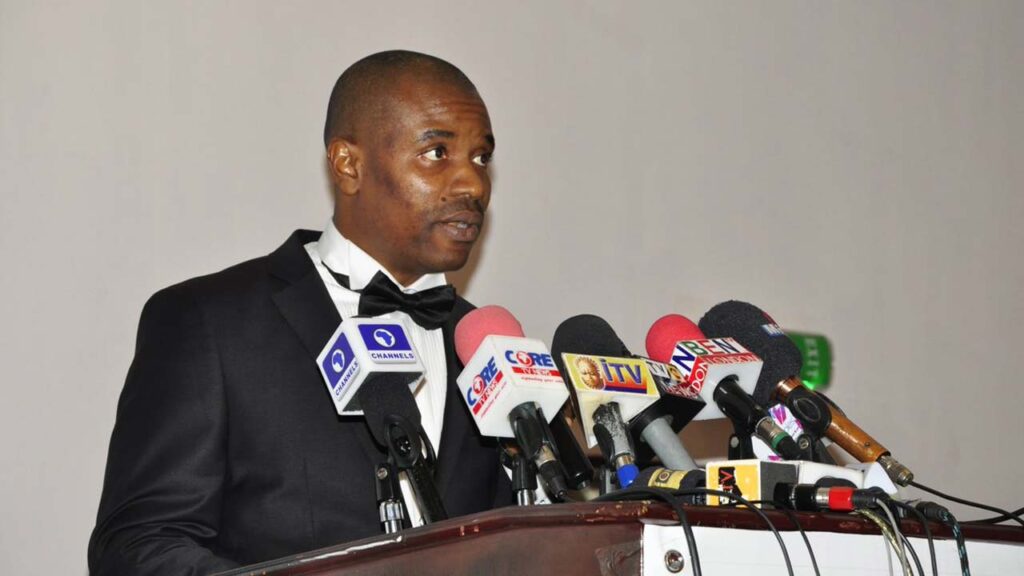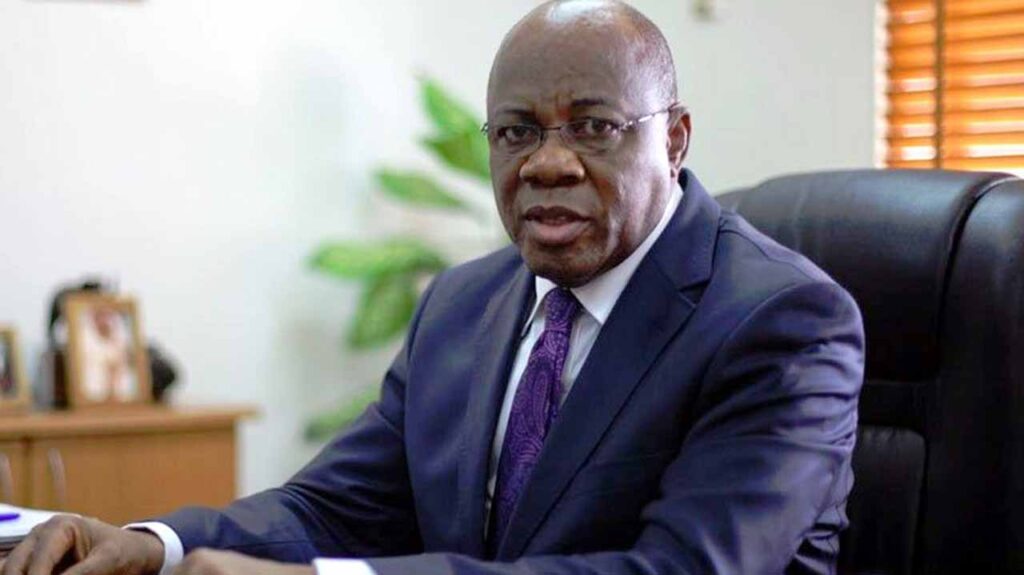
A business expert and Executive Director of OrderPaper Nigeria, Oke Epia, has said that Nigeria’s public debt rose from N12.8 trillion to N87.91 trillion between 2015 and 2023, representing a staggering 585 per cent increase.
He said that there is a need for economic diversification and development of other sectors to ensure sustainable growth and reduce reliance on a single commodity.
Epia disclosed this in Abuja, at the Private Sector Dialogue on Fiscal Responsibility and Debt Management, expressing optimism that the amended Fiscal Responsibility Act (FRA) will positively impact Nigeria’s economy, driving growth and development.
The dialogue brought stakeholders from various sectors, facilitated insightful discussions and constructive exchanges on pressing issues related to fiscal responsibility, fostering a collaborative environment for knowledge sharing and solution-driven dialogue.
Epia said: “From the rise in Nigeria’s total debt stock at N12.85 trillion in 2015 to a staggering N87.91 trillion in September 2023, the bungled N22.7 trillion Ways and Means facility to the Federal Government to the ever-changing forex rates, inflation and economic hardships, current fiscal policy failures are evident.
“Recently, citizens have been met with a flurry of tax burdens, such as the removal of fuel subsidies, which has led to over 300 per cent increase in the price of fuel. Furthermore, the recently proposed cyber security levy of 0.5 per cent has been met with public backlash, given the existing bank charges, such as electronic transactions varying transfer fees, stamp duties at N50, N4 SMS charges per transaction, and Value Added Tax (VAT) .
“Despite these streams of revenue generation schemes, the country’s public finance, debt profile and fiscal health continue to take a downward turn. On the other hand, the inflation rates have risen as high as 33.69 per cent in April 2024, as the National Bureau of Statistics (NBS) reported.”
In his remarks, the Chairman of the Fiscal Responsibility Commission (FRC), Victor Muruako, urged stakeholders to continue to leverage possible platforms to exchange insights, best practices and innovative solutions that will propel toward a more resilient and prosperous future.
MEANWHILE, the National Bureau of Statistics (NBS) has said the aggregate Value Added Tax (VAT) stood at N1.43 trillion in Q1 2024. This is according to the VAT Q1 2024 Report released in Abuja on Tuesday.
The report shows a growth rate of 19.21 per cent on a quarter-on-quarter basis from N1.20 trillion recorded in Q4 2023. The report also showed that local payments recorded were N663.18 billion, while foreign VAT payments contributed N435.73 billion, while import VAT contributed N332.01 billion in Q1 2024.












